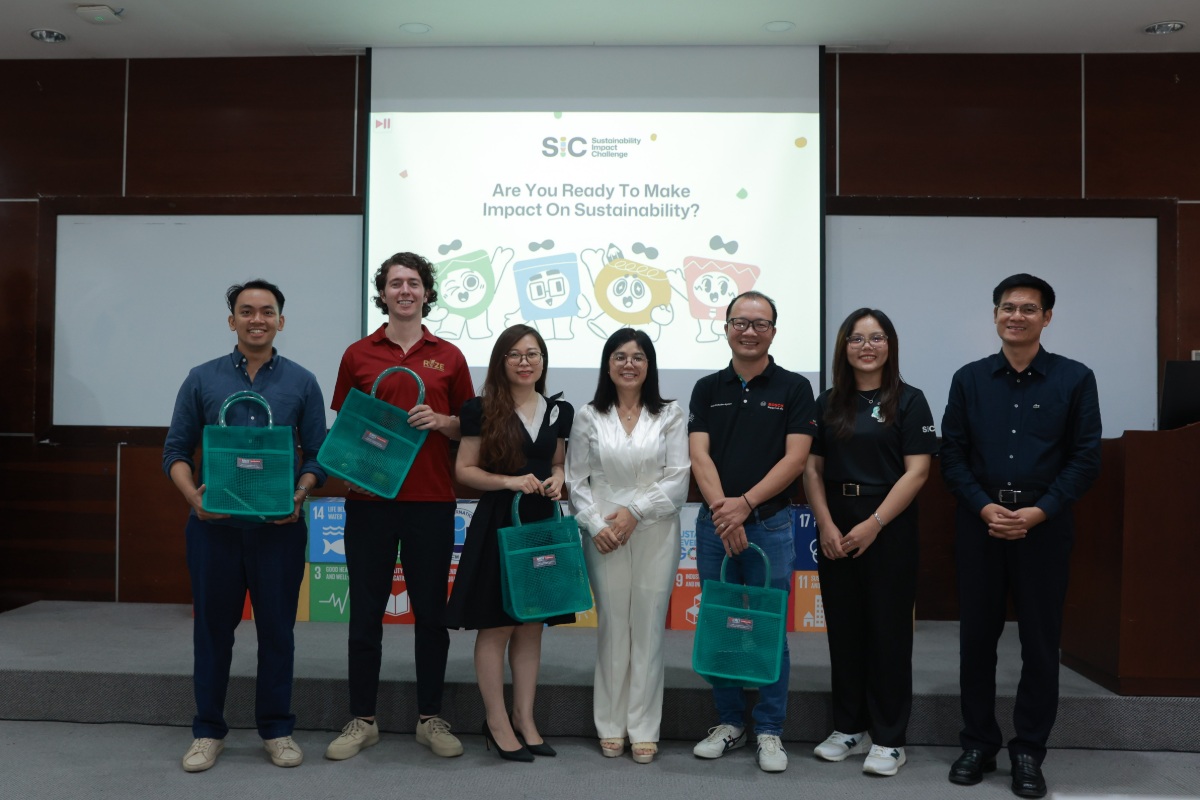RMIT security training delivers impact in Asia-Pacific
RMIT’s Transnational Security Training (TST) programs are celebrating 20 years of impactful delivery in the Asia-Pacific region this year, helping to combat transnational crime, promote inter-agency collaboration, and drive career development.
A launchpad for green careers: Sustainability Impact Challenge
On 17 April, the Sustainability Impact Challenge (SIC) 2025 initiated by RMIT University was officially launched at International University – Vietnam National University Ho Chi Minh City.
Vietnam National Forum on Education Innovation with AI 2025 launched
The Vietnam Ministry of Education and Training and RMIT University Vietnam have partnered to officially launch the “Vietnam National Forum on Education Innovation with AI”.
Vietnam Child Wellbeing and Safeguarding Summit 2025: A resounding success
The Vietnam Child Wellbeing and Safeguarding Summit, held on 28 February 2025, concluded with great success, drawing over 600 participants from across the country.





